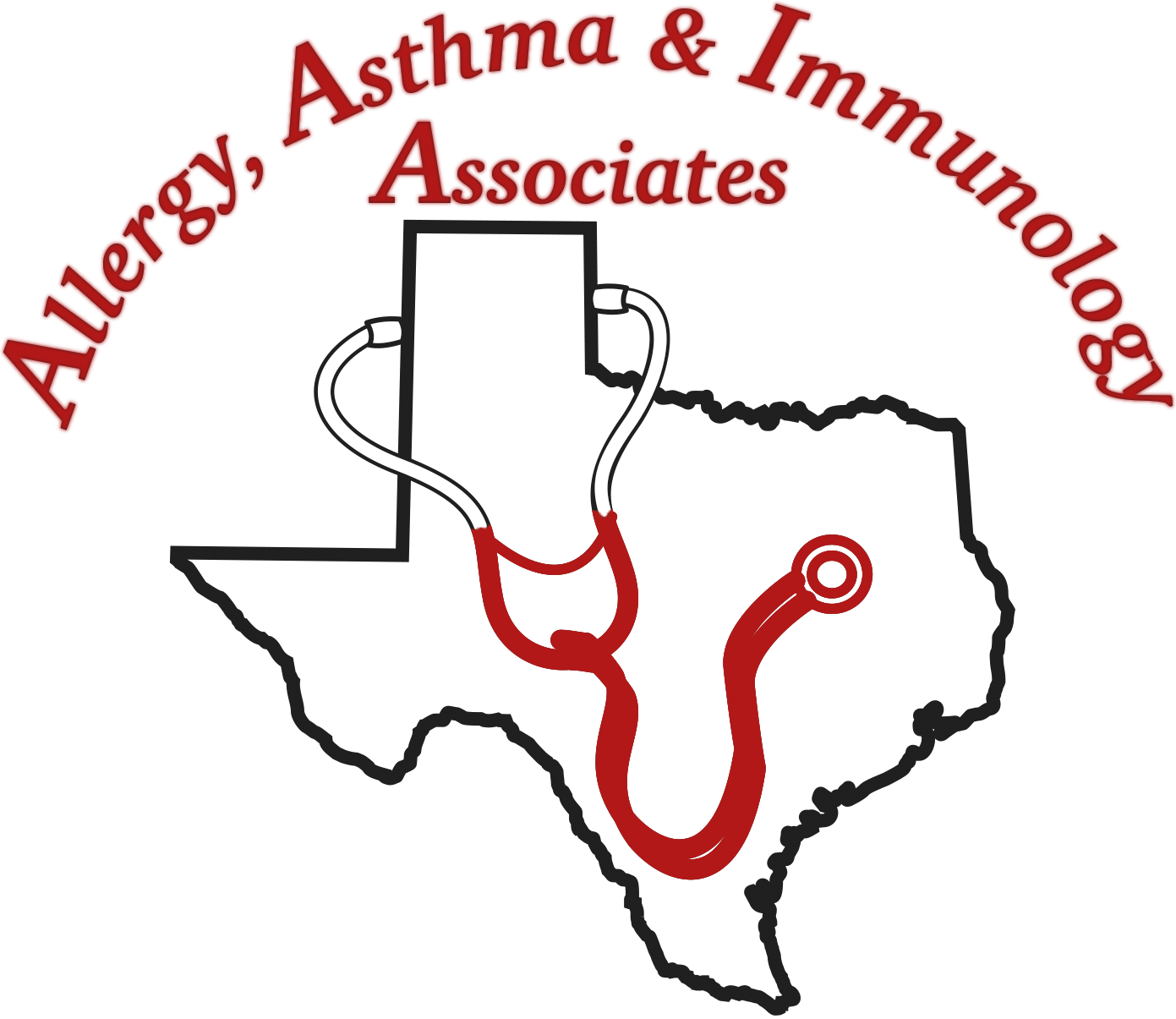What Causes Asthma?
People generally think of asthma in terms of episodes or attacks. Actually, the asthmatic condition is always present, but symptoms may be dormant until “triggered” by an allergen, respiratory infection or cold weather. Other triggers may include aspirin, environmental irritants, physical exertion and, less commonly, food additives and preservatives.
Allergens are substances that cause no problem for a majority of people but which trigger an allergic reaction in susceptible individuals. Allergens are a major source of breathing problems in both children and adults. Common allergens include plant pollen (tree, grass and weed), dander from pets and other animals, house dust mites, cockroaches, molds and certain foods. When an allergic individual comes in contact with one of these allergens, a complicated series of events causes the body to release chemicals called mediators. These mediators often trigger asthma episodes.
Cold air, smoke, industrial chemicals, perfume and paint and gasoline fumes are all examples of environmental irritants that can provoke asthma. They probably trigger asthma symptoms by stimulating irritant receptors in the respiratory tract. These receptors, in turn, cause the muscles surrounding the airway to constrict, resulting in an asthma attack.
Viral respiratory infections are the leading cause of acute asthma attacks. Surprisingly, bacterial infections, with the exception of sinusitis, do not bring about asthma attacks. Some people with “heartburn” can have asthma symptoms when stomach acid backs up into the esophagus.
Aspirin and aspirin-containing products can trigger asthma attacks in susceptible individuals. Five percent of people with asthma experience a significant decrease in lung function after taking aspirin. Similar reactions can occur with other over-the-counter pain relievers such as ibuprofen. As a general rule, people with asthma should avoid these products.
Another type of prescription medication that can cause problems is the group of drugs called “beta-blockers,” which often are prescribed for high blood pressure, glaucoma, migraine headaches and angina. Beta-blockers can cause airway constriction called bronchospasm, so it is important for asthma patients to consult a physician about the use of these medications.
Although food additives can trigger asthma, this is rare. The most common food trigger is sulfites, a preservative used in products such as frozen potatoes and some beers and wines.
This treatment has been available since 1911. This treatment decreases sensitivity to the things to which the person is allergic. The treatment is a type of vaccination because it increases the person’s resistance to the things causing their allergies.
The allergy vaccines are made from pollens, mold spores, animal dander, dust mites or bee venom. Allergy shots are helpful for nasal allergy, asthma and bee sting allergy.
Researchers are trying to find new ways to give allergy vaccines. In the future, vaccines may be nose sprays or drops under the tongue.
Our immune system includes cells and proteins. The proteins include antibodies and cytokines. There are many types of antibodies. Immunoglobulin E (IgE) is the type of antibody that causes allergic reactions. IgE is found in the blood and in organs. IgE binds to certain body cells. These cells include mast cells and basophils. After IgE binds to the cells, allergy particles can bind to the IgE. When this happens, the cell releases many chemicals. These chemicals cause allergy symptoms such as itching, sneezing and wheezing.
If treatment could prevent the release of the chemicals, there would be no itching, sneezing or wheezing. If IgE could be stopped from binding to the cells, the chemicals would not be released.
Omalizumab is a man-made antibody against IgE (anti-IgE). This treatment is given by injection (shots) once or twice a month. Omalizumab stops IgE from binding to the cells. In 2003, the FDA approved this treatment for teens and adults with uncontrolled asthma.
Some day, people with other allergy problems might be helped by anti-IgE injections. For example, people severely allergic to a food, a medicine, or latex rubber might be helped by injections of anti-IgE.
When the immune system is active, the cells release proteins called cytokines. The cytokines help some parts of the immune response and shut down other parts. Chemists have been making new treatments called cytokine inhibitors. These inhibitors can prevent the cytokines from causing allergy problems. The inhibitors have not yet been approved by the FDA. Some day, cytokine inhibitors might be used to treat asthma and other allergic diseases.
Current allergy shots (immunotherapy) are made from allergenic proteins. However, chemists can make allergy shots from peptides, which are tiny parts of allergenic proteins.
In research, peptide allergy shots have been used to treat people allergic to cats. People who were given peptide allergy shots had fewer allergy problems in their nose and lungs. In the future, peptide immunotherapy may be approved by the FDA.
Credit: American College of Allergy, Asthma & Immunology


